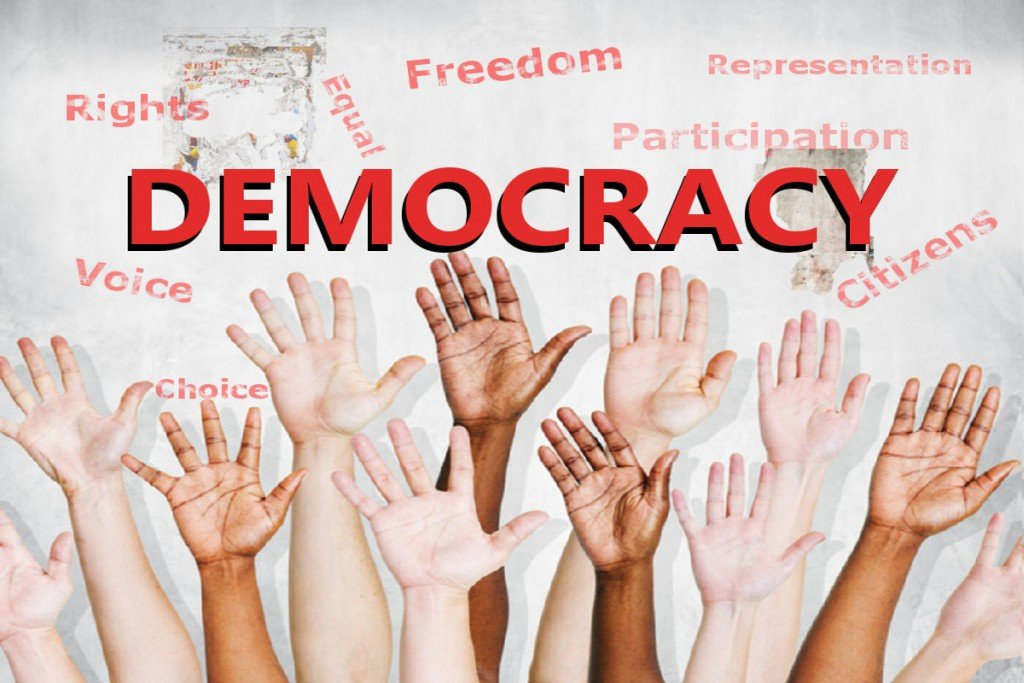AI’s Challenge to Democracy: Chance or Threat?
In the digital age, artificial intelligence (AI) is increasingly becoming a key force for social change. However, as the application of AI technology in the political realm grows, discussions about its impact on democracy are widespread.

1. The Potential of AI in the Democratic System
AI technology has the potential to improve the quality of government decision-making. By analyzing vast amounts of data, AI can help policymakers make more informed decisions by accurately predicting the effects of policies.
2. Enhancing the Fairness of Elections
AI can also play a role in the electoral process by detecting and preventing fraudulent activities, ensuring the fairness of elections. Furthermore, AI can help identify the true needs of voters, thereby increasing the responsiveness of policies.
3. New Avenues for Citizen Participation
AI offers new ways for citizens to engage in politics. Through social media analysis and online surveys, AI can help governments better understand public opinion, thus increasing the transparency and public involvement in policy-making.
4. Risks on the Horizon
Despite the great potential of AI in the democratic system, it also poses some risks. The opacity of algorithms and potential biases can lead to unfair decision-making. Additionally, the misuse of personal data may also threaten the privacy rights of citizens.
5. Ensuring the Positive Impact of AI
To ensure that AI has a positive impact on democracy, we need to establish corresponding policies and regulations to oversee the use of AI. This includes ensuring the transparency of algorithms, protecting the privacy of personal data, and promoting fair and inclusive AI applications.
Conclusion:
AI represents both an opportunity and a challenge to democracy. By using AI technology responsibly, we have the chance to build a more efficient, fair, and inclusive democratic system. However, this requires a collective effort to ensure that the development of AI aligns with democratic values.





